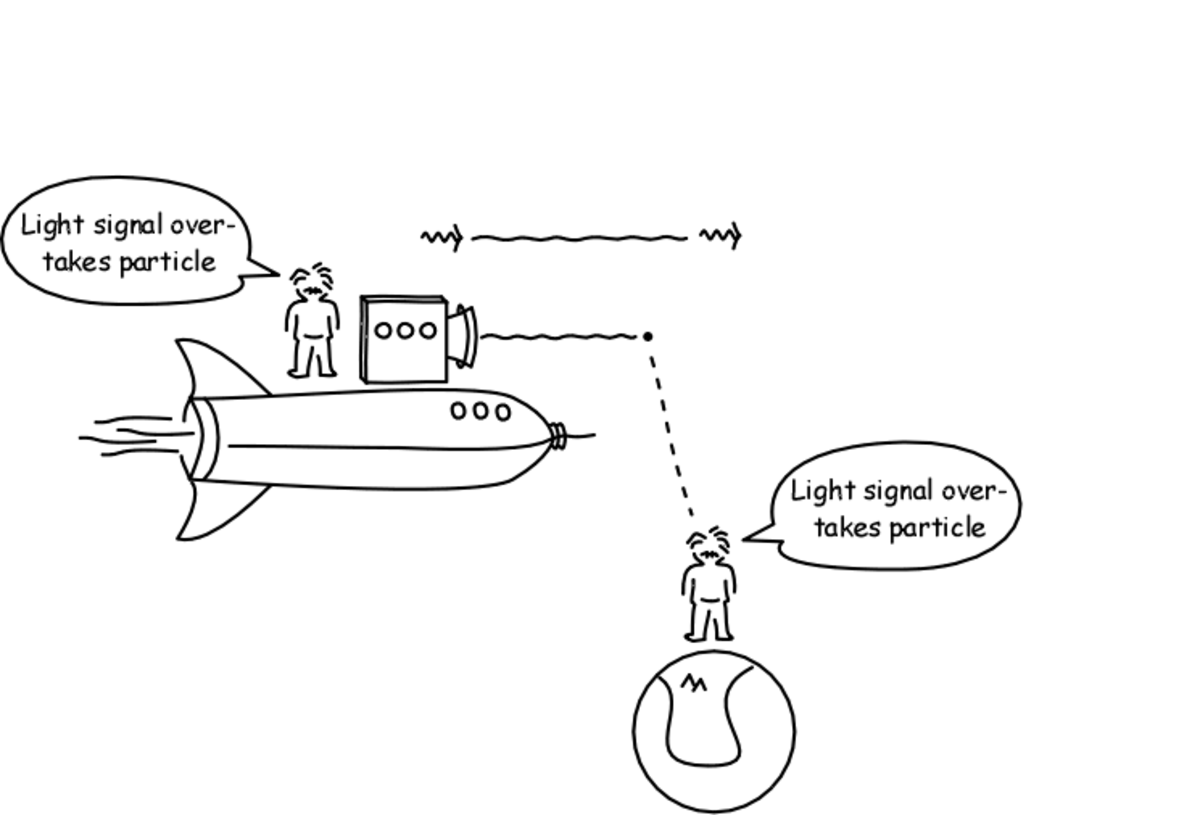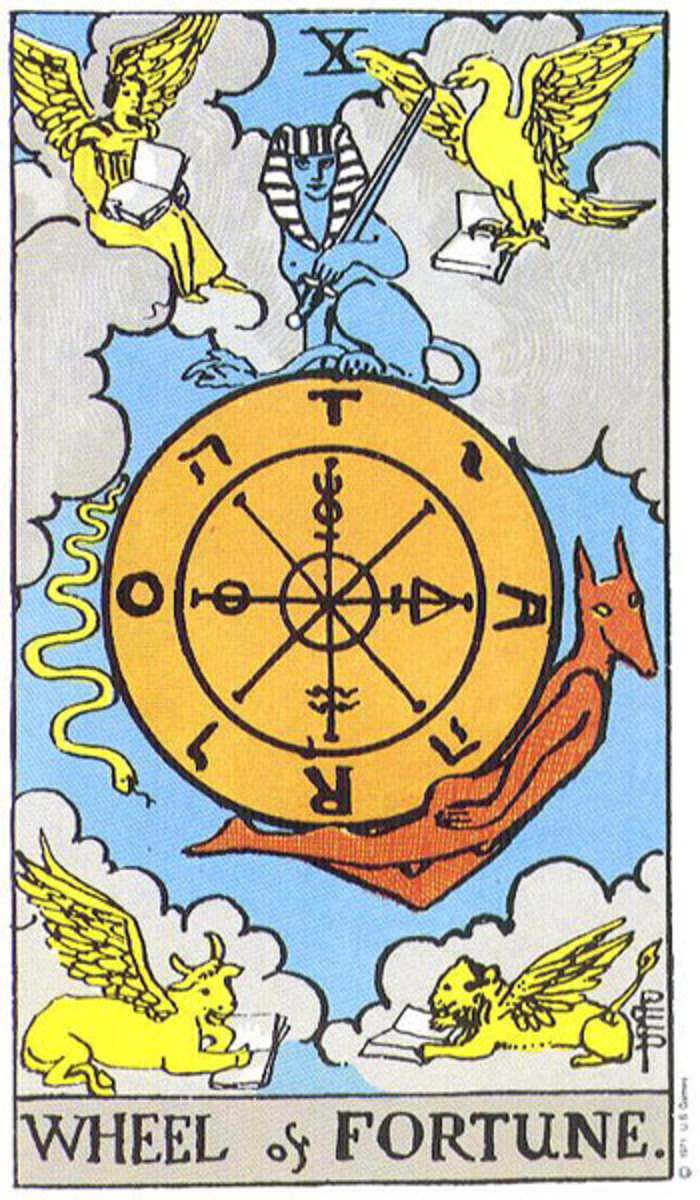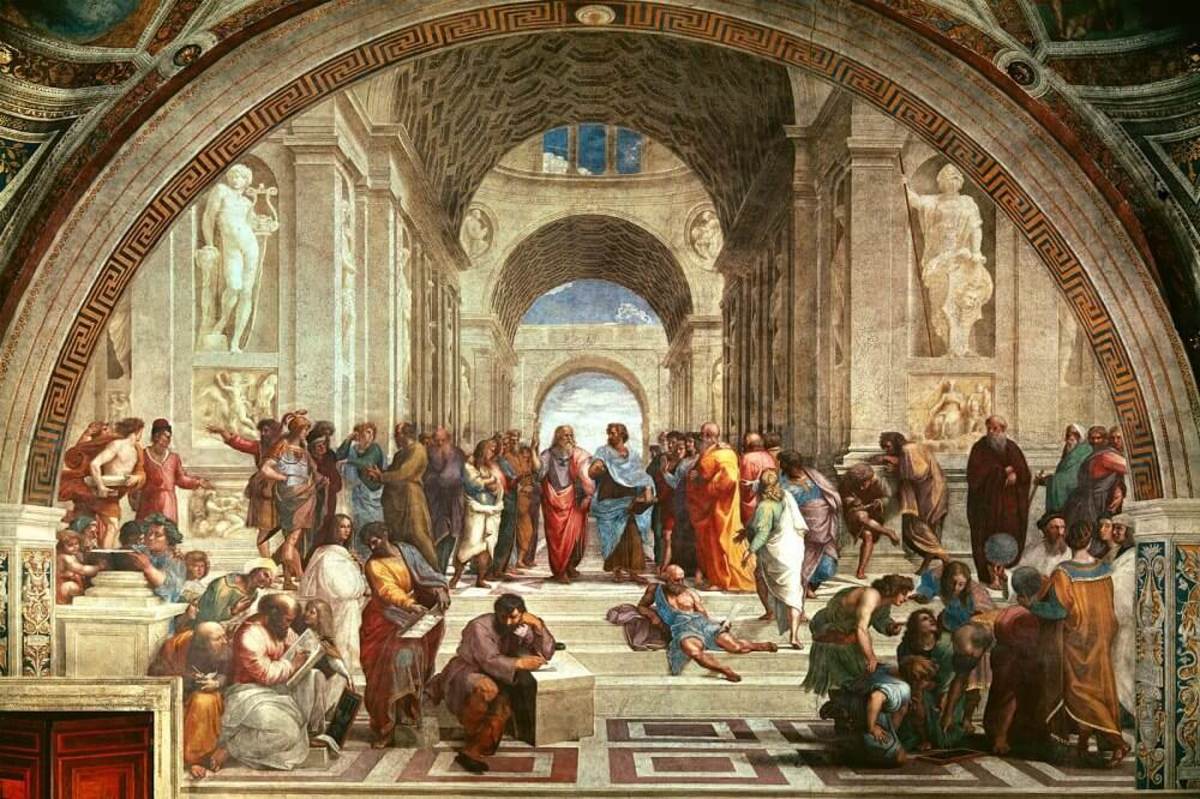Perception is an Individual's Self-Deception
The Problem of Truth
Truth, what is it? Can it be known? Is it possible for the perceptions of an individual to be synonymous with the actual truth? If not then, is truth relative to the individual and his perception? These are the questions of the inquiring postmodern mind. However, no matter how it is perceived the truth about an event is an absolutely confined and closed circuited matter. Whether or not I can perceive it correctly does not approve or negate the truth of the matter in any way. For the truth is extremely narrow and anyone event happened only one way no matter how it is perceived by its observers. As such perception is oftimes an individual's self-deception, not his truth.
The Post Modern Mind and the Need for Relativism
The postmodern mindset is a thought pattern that has an extreme distrust for the historiography handed down by the powers that be. They believe that what accounts we have been so manipulated by the reigning powers of the presiding regime that they are tainted; twisted variations of the truth. For instance, as young children in kindergarten, many Americans were taught to emulate the honesty of George Washington who allegedly confessed that he had cut down a cherry tree. In fact, this story seems to have been fabricated to teach children the value of honesty and telling the truth. Of course, there are much more pressing historical , philosophical and religious matters that beg for relief from exact dogmatism. So the postmodernist threw the proverbial baby out with the bathwater. They decided that universal or absolute truth was impossible to know and dictated that localized truth was the only knowable truth. They surmised that perception is an individual's truth. In some cases, this sentiment was raised because of hypocricy in the church order; while in other cases the need for relativism was driven by a desire to live as one damn well pleased.
The Unfortunate Hijacking of Einstein's Theory of General Relativity
In order to anchor their premise in modern philosophical tones, the postmodern philosophers decided to hijack Einstein's Theory of General Relativity and wed it to their distrust for historical accounts of former events and the notion of absolute truth. The problem is: Einstein's two explanations of the light in a boxcar as well as perception of the movement of a boxcar are faulty. In the case of the movement of the boxcar, Einstein postulated that it was impossible for a person to properly perceive which of two box cars were moving without a third boxcar as a reference point. While I admit that I have had the exact experience, my poor perception did not change the fact that the train that was moving was the train that moving. So even though I could not accurately perceive whether my train or the adjacent train was the one actually departing, that did not change the absolute truth about which one was chugging away and which one was standing still. Sadly, perception is most often an individual's self-deception rather than his truth.
Framed by His or Her Local Context
The aforementioned arguments above are not meant to minimize the problem of being raised in a certain cultural context. Individuals are reared within a certain socio-economic and philosophical climate that has its own social norms and mores. As such, no matter how far the local customs have strayed from the truth, those same customs are perceived as the absolute truth by the individual. So, a person born in India will most likely follow the tenets of Hinduism; the citizen of Cambodia will try to be true to his ancestors and the teachings of the Buddha; and those reared in a Christian American home will try to live up to the ways of Jesus Christ. They do so because they trust their parents whether or not the perceptions of their parents have led them to the actual truth.
Of course, we know that not all upbringing and emulation is beneficial. For there are still many children in the southern part of the US that are prejudiced against African-Americans and there are still practicing Hindu's that offer their children as human sacrifices to their household or community gods. We would not call such perception or practice individual truth; we would call it being misguided or self-deceived.
The Universe Came Into Existence in Absolutely One Way
In the end, perception is generally an individual's deception because truth is narrow and absolute not relative. Even though we cannot go back to the beginning of the universe to see how it began, the inescapable conclusion is that it began the way it began. Granted it may be impossible for us to know for certain how the universe began; unless of course it has been explained to us by someone who was present at its conception. Regardless, the universe began in only one way. Likewise, each preceding event has happened in only one way. Truth is not truth according to an individual's perception but according to how the situation actually occurred. Therefore, perception is more often a man's deception than his truth. One wise man said: "if the light within you be darkness, oh how dark the darkness."








